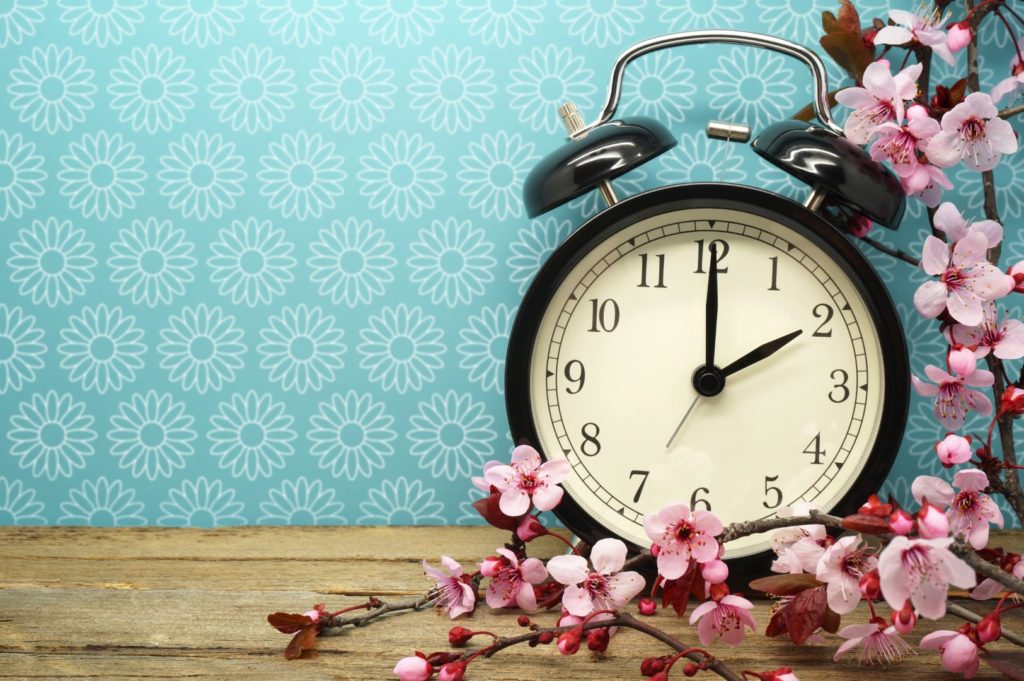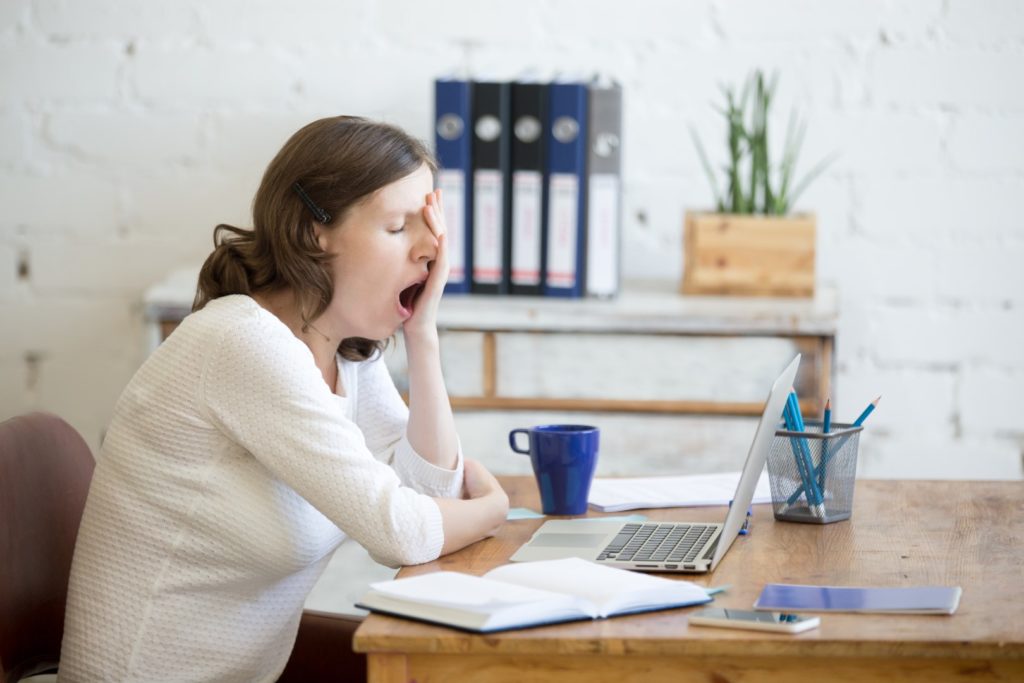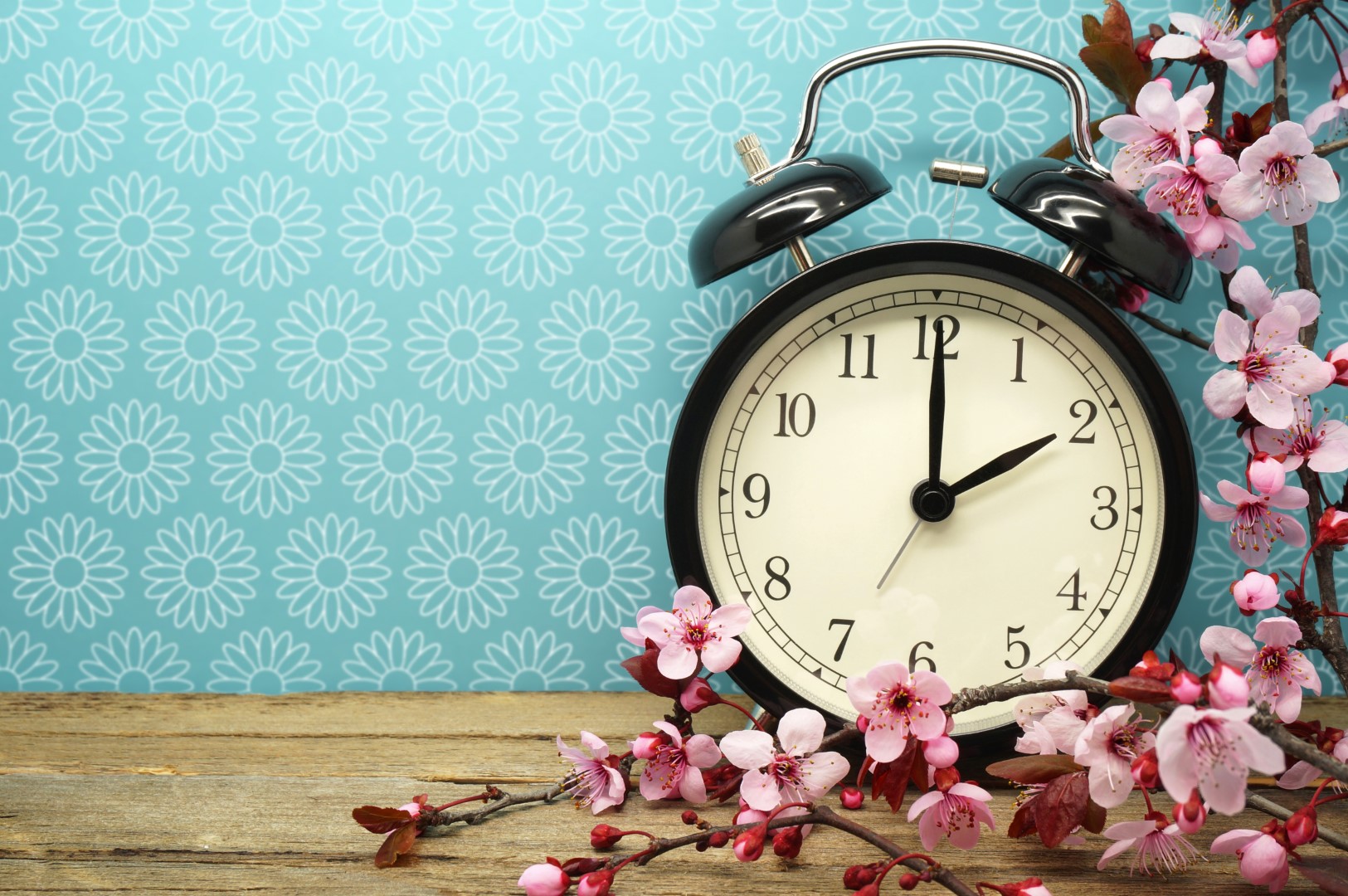
The subject of daylight savings and the impact it has on our sleep has been written about ad nauseum and yet, we can still find new information on the subject! The concept of losing or gaining an hour is based on our fear of how much sleep we will lose or gain. It’s all about our precious hold on our sleep time and really nothing else, other than, yes more daylight time to enjoy!
First, the science. Melatonin a naturally occurring hormone which is triggered by the changes in light. As dusk begins to fall, this hormone kicks in, but very slowly until it reaches a peak, and then it begins to fall very close to dawn. Unfortunately, some of us with bad sleep habits may produce less melatonin and require taking a supplement to top it up. Shift workers are also affected by irregular production of the hormone as day and night become irrelevant.
If melatonin, then, is affected by the amount of daylight, it is safe to say that the hormone begins to produce much later during daylight savings. This is when room darkening curtains and eye masks get plenty of use. Our bodies know that it’s bedtime, but our eyes tell us it’s still too early to hit the hay! Here, then, begins the disruption in our sleep cycle.

Now, the reality and how to deal with the change! If we disregard the blinking clock on our DVD player and keep watching movies until it’s the right kind of dark outside, we will pay handsomely! The morning after the change, our bodies will be screaming for more sleep, and a few mornings after that, until our bodies adjust. Whether we are careless with our sleep time and don’t keep to our regular schedule, or convince ourselves we can handle it, we fail! It’s human nature.
When the sun gently peeked through our curtains later in the morning, now it’s blinding us at what seems the break of dawn! Well, it is, just at a different time! Every year, we know it’s coming and yet, we are often found unprepared. Keeping to our regular sleep schedule is without a doubt the best way to alleviate the stress on our sleep rhythm. For the first few days, taking a nap whenever possible can also help stabilize our sleep needs.
Irritability can often result from getting less sleep in the first few days. As a toddler who doesn’t get his afternoon nap, as usual, will throw himself into a full-on tantrum, we adults are no different. Equally upsetting is getting smacked in the face with a flashlight-like beam of sunlight and can get us started on the wrong foot.
Prepare! Prepare like a boy scout! We should know in advance what we need to hold on to our precious sleep. What do we need? A sleep-mask? Room darkening curtains? Melatonin for the first few days? Whatever we need, it should be ready to go as the powers that be dictate it is time to “spring forward”. In Canada, in 2019, that will be March 10th which is very close to National Sleep Day on March 18th! A coincidence? I think not!
Gerry, Your Sleep Expert

